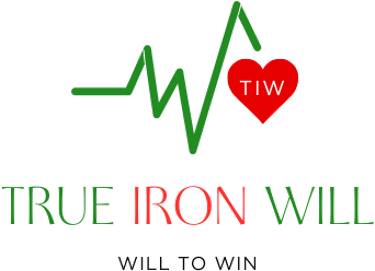The Veggie Trap: Why Plant-Based Doesn't Always Mean Healthy
Will Loiseau
3/5/20251 min read


When I began my purely plant-powered nutrition journey 15 years ago, I naively assumed that ordering the veggie option automatically meant choosing the healthiest meal on the menu. Fast forward to today, and the landscape has transformed dramatically (so many more options). But so has my understanding of what truly constitutes healthy eating.
A recent eye-opening study published in the journal Nutrients has confirmed what many nutrition-conscious diners have suspected: plant-exclusive doesn't always equal nutritious. Researchers evaluated menu options across 561 restaurants (278 vegetarian-focused and 283 omnivore establishments) throughout the United States, applying a rigorous nutritional analysis.
The findings were surprising:
Vegetarian-focused restaurants offered an average of only four genuinely healthy plant-derived dishes
Omnivore restaurants averaged just 2.4 healthy plant-derived options
Probably most striking: 14% of vegetarian-focused restaurants and 27% of omnivore establishments failed to offer ANY healthy plant-derived options
The culprits? Refined grains, high saturated fat ingredients (particularly palm and coconut oils), and deep-fried cooking methods, elements that affect nutritional quality regardless of whether animal products are present.
The researchers advocate for greater transparency through detailed nutritional information online and recommend practical swaps like choosing whole grains over refined options.
My personal takeaway after years on this journey: true health comes from understanding nutrition beyond labels. A meal's health value isn't determined by what it excludes, but by what it includes, whole foods, balanced nutrients, and mindful preparation.
Start Your Transformative Journey Today
© 2026 True Iron Will LLC. All Rights Reserved .
Mailing Address:
1317 Edgewater Drive #1297
Orlando, FL 32804
TrueIronWill1@gmail.com
